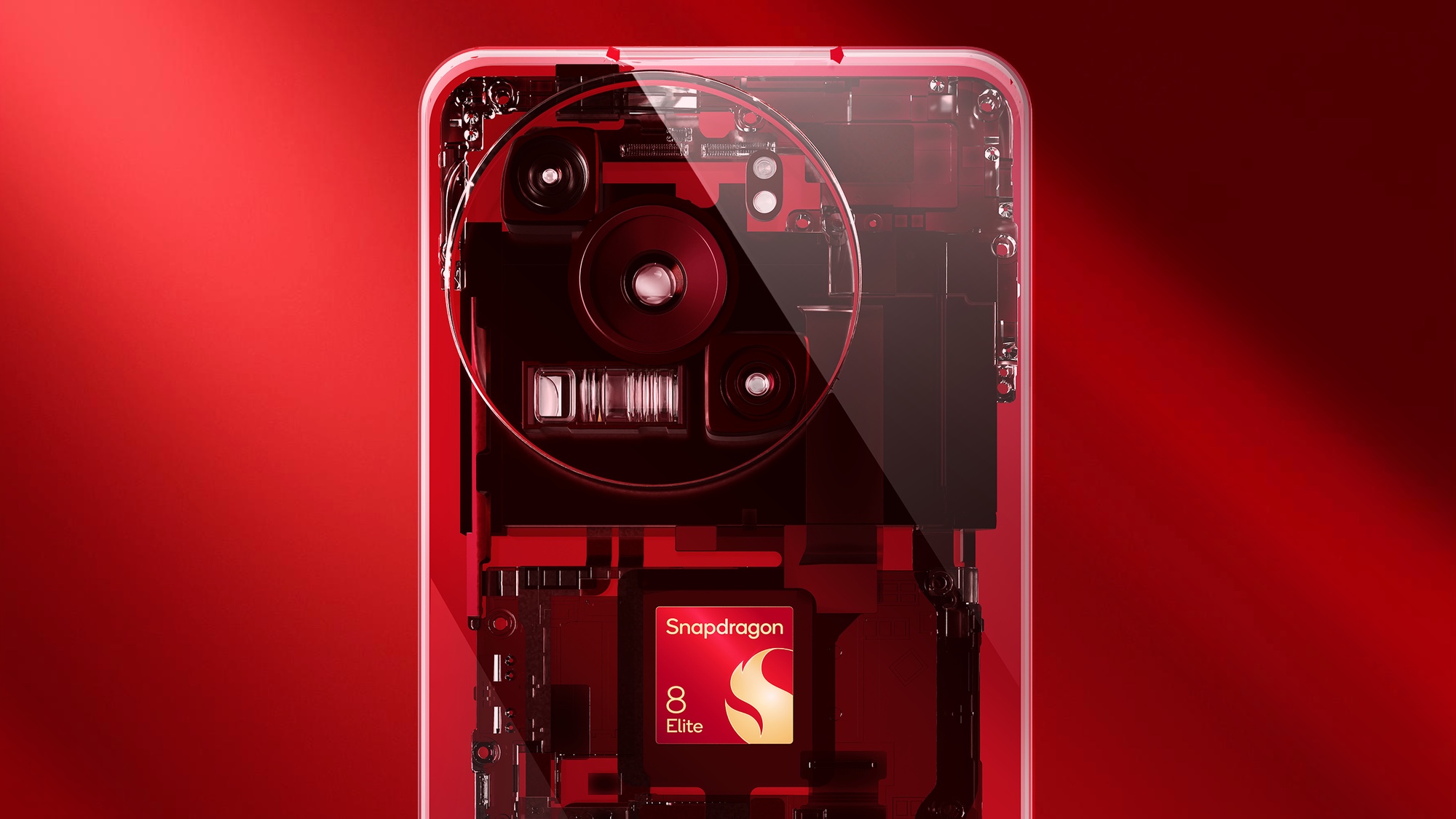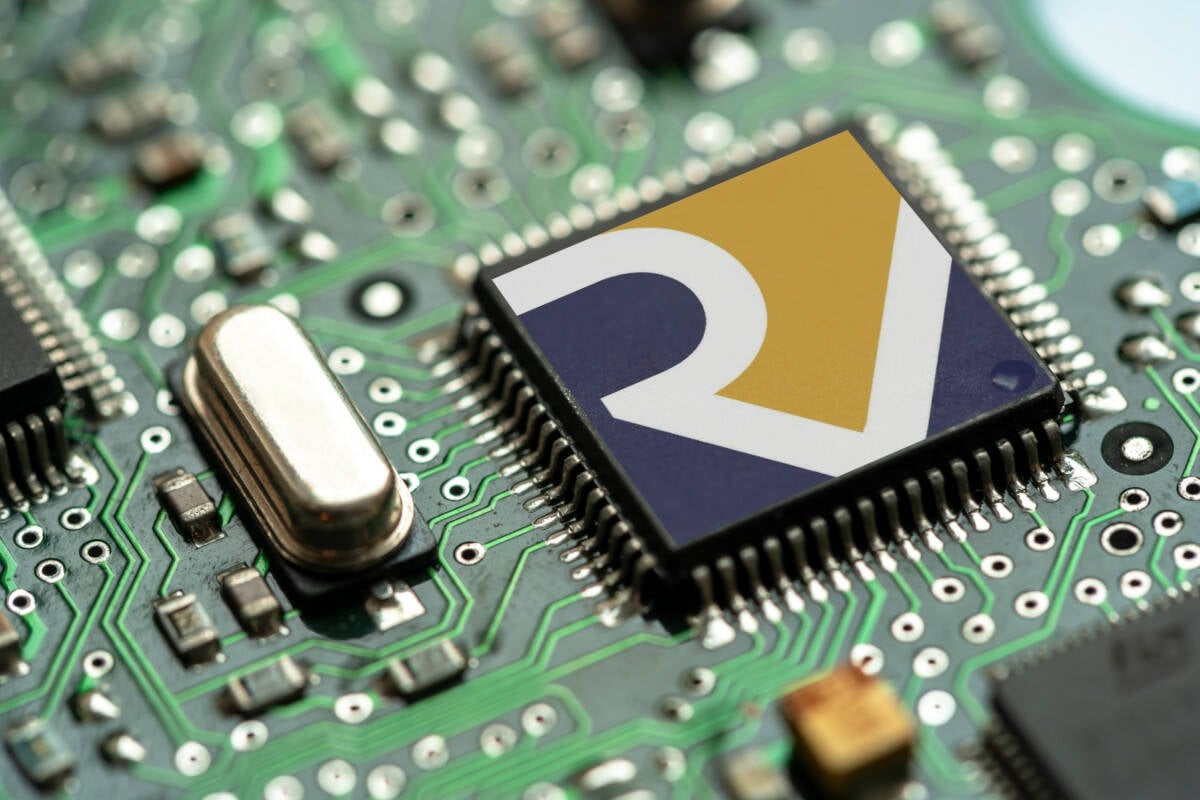
Snapdragon chips are found inside many of the mobile devices we use every day. But this status quo could soon be thrown up in the air due to a major business disagreement. Qualcomm , the company that makes Snapdragon chips, has been in a long-term legal battle with Arm, the company that designs instruction sets and parts for computer chips to then license out to companies like Qualcomm.
And Arm is now trying to end the licensing agreement it has with Qualcomm, according to reporting by Bloomberg , giving it a 60-day warning of cancelation before it withdraws permission to use Arm-based tech. The source of this whole dispute is Qualcomm's purchase of a third company, Nuvia, in 2021. Because Nuvia itself had a licensing deal with Arm, Arm has sued, arguing that Qualcomm needs to stop developing Nuvia's technology, destroy any designs made pre-acquisition and negotiate new licensing terms.
Meanwhile, Qualcomm has countersued, stating that its current agreement with Arm still stands, and business can carry on as usual. Nuvia is the source of Qualcomm's Oryon-series CPUs, as seen in chips like the newly-announced Snapdragon 8 Elite chip, made for next-gen Android flagship phones. It's a key part of Qualcomm's business, hence why this has proved to be so tricky to resolve, and why Arm's decided to raise the stakes.
Why this is a big deal for you Many of the best phones use Qualcomm-built silicon, and several companies have already confirmed they'll use the new Snapdragon 8 Elite chip for their upcoming phones. But equally as important are Qualcomm's Snapdragon X Elite -powered AI PC laptops, which use the same Arm tech. This is a rapidly developing category which has caused a lot of excitement after years of these laptops using hot-running, power-hungry Intel and AMD chips (which run on a different underlying technology called x86).
If Qualcomm were to lose its license, then computer, smartphone and other device makers would have to find alternative chips for their upcoming gadgets, and fast. If the license does end up suspended, Qualcomm would be able to make separate agreements to use Arm's own full chip designs, which would be a possible stop-gap before matters are settled. But this would be expensive considering the cost of new licensing and the loss of existing development that could no longer be used.
Arm is giving Qualcomm 60 days to comply, which means there's still time for the two parties to come to an agreement before further legal action's taken. Let's hope that these two can work things out, otherwise we could see significant disruption across the tech world. More from Tom's Guide.














